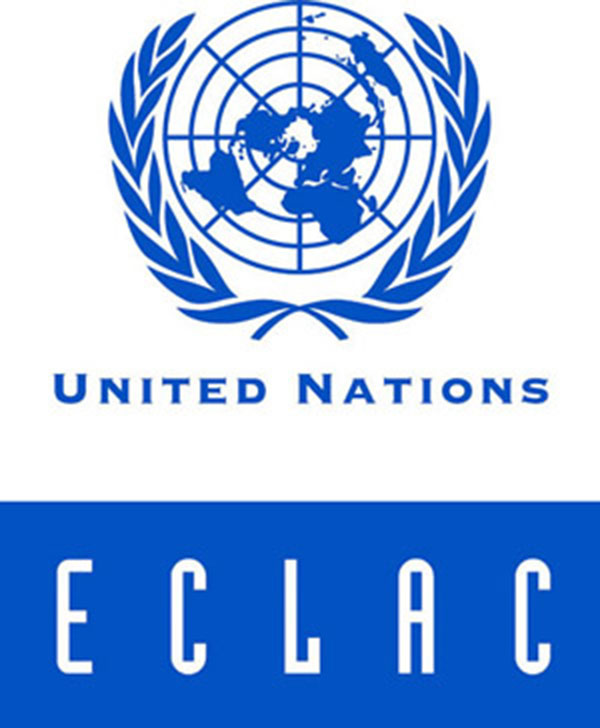The likely extent of the recovery in the Caribbean and Latin American economies next year will be insufficient for the region to reach the economic activity levels seen in 2019, prior to the coronavirus pandemic, the Economic Commission for Latin America and the Caribbean (ECLAC) says in its ‘preliminary overview’ of economies of the region’ for 2020.
In December ECLAC had announced that the region had experienced a contraction of minus 7.7 per cent in 2020 but that it would see a positive growth rate of 3.7 per cent in 2021, though it says that this will be insufficient to recover the pre-covid economic activity levels seen in 2019.
The slow recovery rate, ECLAC says, must be seen in the light of the fact that of all the regions in the developing world, Latin America and the Caribbean have been the hardest hit by the crisis resulting from COVID-19. ECLAC noted that the region had been on a “low-trajectory” during the decade that had preceded the advent of the coronavirus, while last year it had faced an unprecedented combination of negative supply and demand shocks which are now translating into the worst economic crisis over the last 120 years.
While affording the region a proverbial ‘pat on the back’ for what it said had been the significant fiscal and monetary efforts to mitigate the impact of the crisis, ECLAC noted, nonetheless, that the pandemic’s social and economic consequences had been exacerbated by the structural problems which the region has historically suffered.
According to ECLAC while a positive Gross Domestic Product (GDP) growth rate this year will reflect what it describes as a “statistical rebound,” the actual process of realizing pre-crisis GDP levels will be gradual and, all things being equal, is unlikely to conclude before 2024.
Projections credited to the United Nations see Caribbean economies contracting by 7.9 per cent in 2020 and growing by 4.2 per cent this year. South American economies are projected to contract by 7.3 per cent in 2020 and grow by 3.7 per cent this year, while the economies of Central America are expected to shrink by 6.5 per cent in 2020 and expand by 3.8 per cent this year.
Along with its projections, however, ECLAC is pointedly hedging its bets, noting that “the growth dynamic in 2021 is subject to high uncertainty related to the risk of renewed outbreaks of the pandemic, the agility with which vaccines are produced and distributed, and the capacity to maintain fiscal and monetary stimulus to support aggregate demand and productive sectors. Making progress on sustainable and inclusive growth necessitates a productive transformation towards environmentally sustainable sectors, which would favour job creation and technological innovation,” the UN agency’s Executive Secretary, Alicia Bárcena is quoted as saying.






